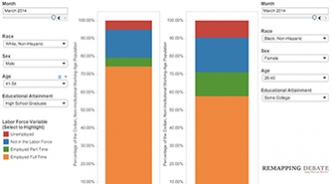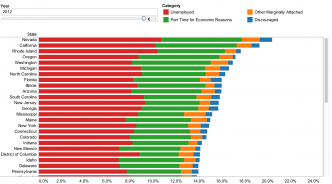From Kelly Girls to Permatemps
Erin Hatton discusses her book, “The Temp Economy: From Kelly Girls to Permatemps in Postwar America.” The modern temporary worker industry has grown dramatically since its origins in the 1940s and 1950s, Hatton says, but its influence extends far beyond the roughly 2 percent of workers in the U.S. it currently employs.

